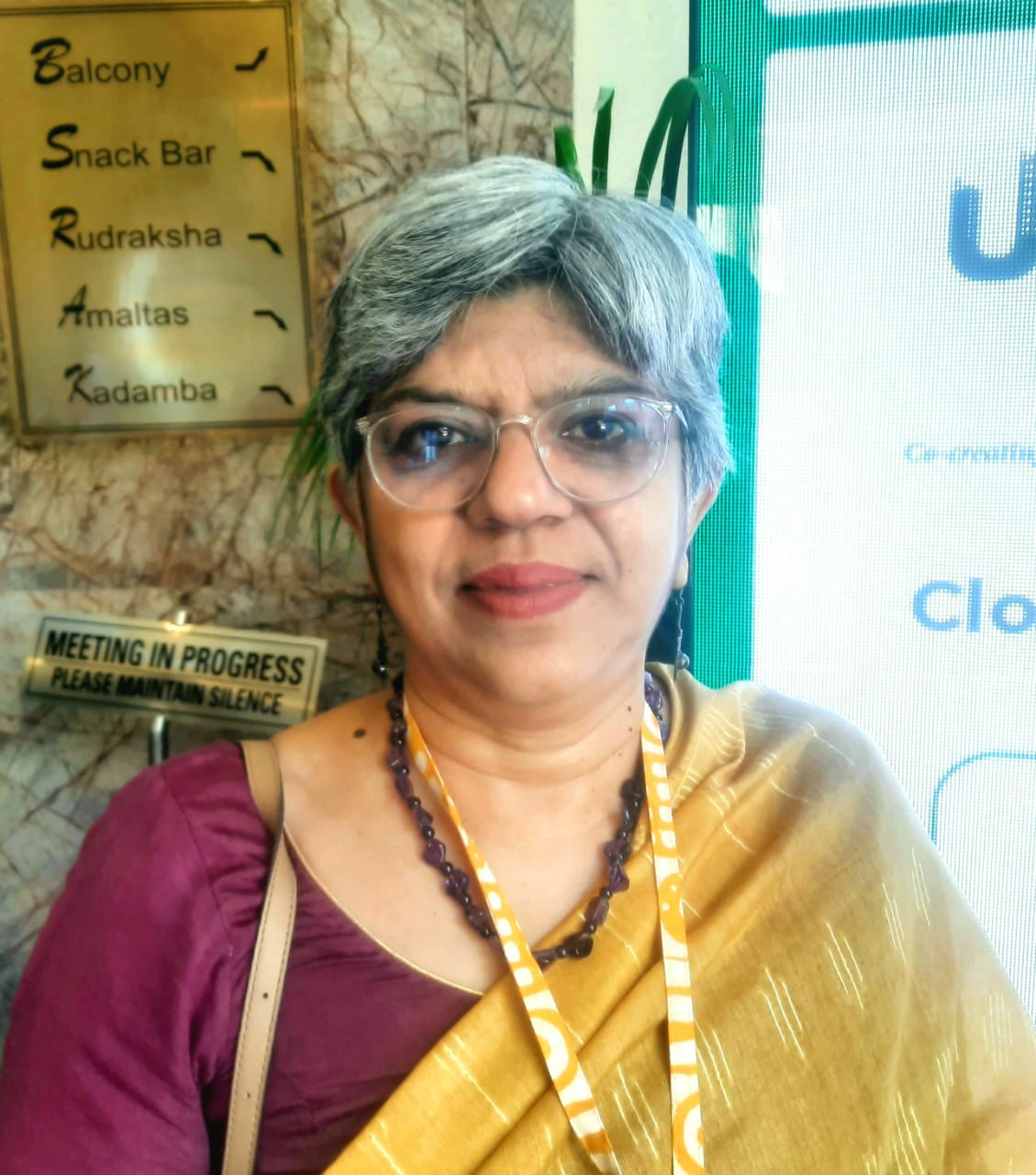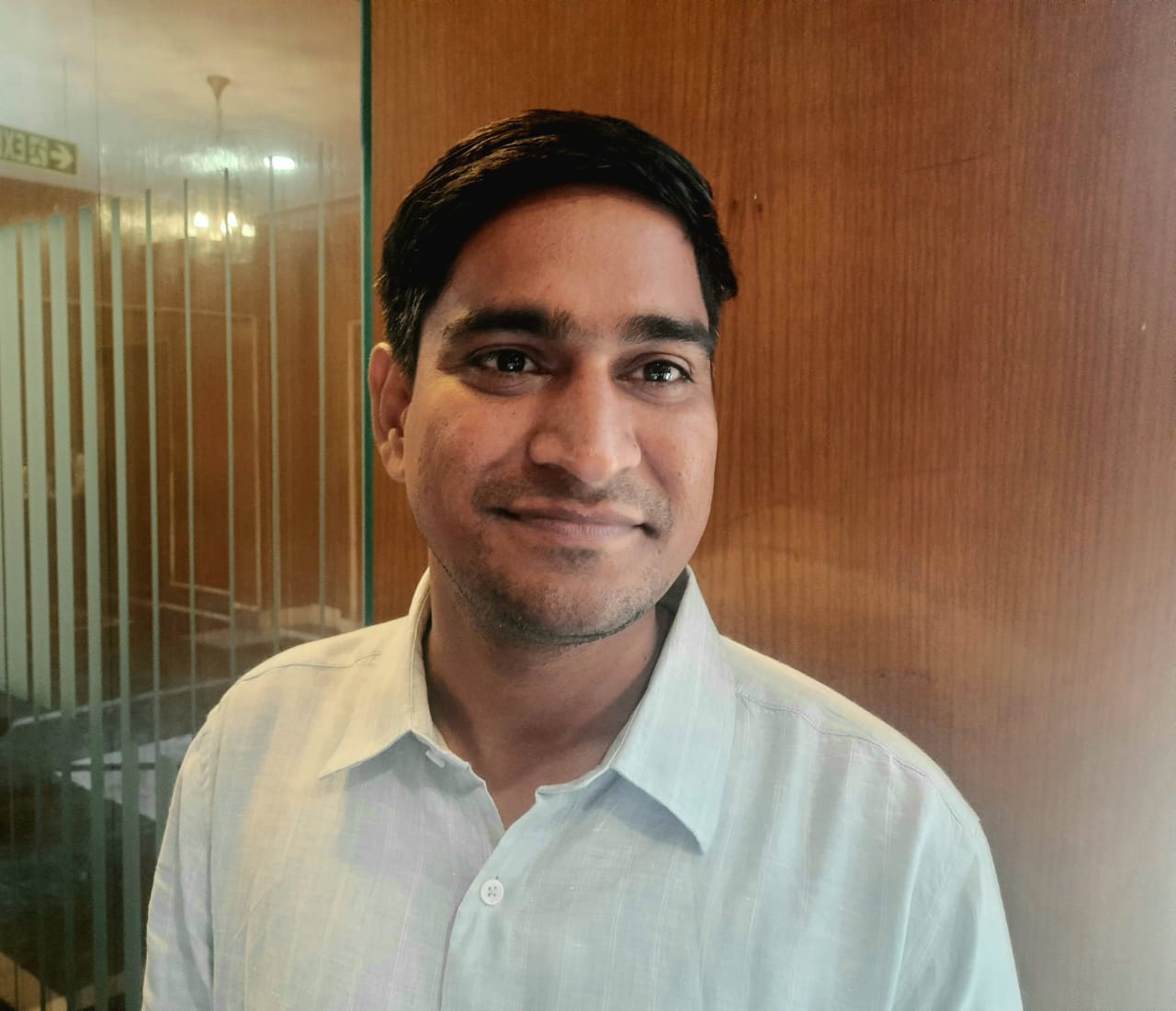Dr. Pratima Murthy stands as a distinguished figure in the field of Psychiatry, heralding profound contributions to addiction prevention and treatment. Currently serving as the Director and Senior Professor of Psychiatry at the prestigious National Institute of Mental Health and Neuro Sciences (NIMHANS), Bangalore, her journey in the realm of mental health and addiction spans over two decades.
Dr. Murthy’s academic foundation was laid at the esteemed Bangalore Medical College and NIMHANS, where she honed her skills and knowledge in Psychiatry. She further augmented her expertise by obtaining a Diploma in Psychiatry from the University of Manchester, UK. Her commitment and excellence in the field have been recognized by her induction as a Fellow of the Royal College of Psychiatrists and Physicians, Glasgow.
With a rich repertoire of experiences, Dr. Murthy has held pivotal roles including Head of the Department of Psychiatry and Head of the Centre for Addiction Medicine at NIMHANS. Her tenure at the Centre for Addiction Medicine witnessed a significant expansion of clinical services, underlining her leadership and vision in addressing substance abuse issues.
On the international stage, Dr. Murthy’s influence extends far beyond borders. She has lent her expertise as a consultant to prominent organizations such as the World Health Organization (WHO) in Geneva, focusing on tobacco cessation and reducing risk factors for non-communicable diseases. Her involvement with the International Labour Organization, Colombo Plan, and WHO SEARO as an international trainer and consultant underscores her commitment to tackling psychosocial problems and substance use disorders in diverse settings.
Dr. Murthy’s impact reverberates across various regions, as she has spearheaded training workshops and consultancy projects in countries like Sri Lanka, Nepal, Bhutan, and Timor Leste. Her consultancy roles with the United Nations Office on Drugs and Crime and UNESCAP have led to significant insights and reports on substance use, particularly concerning women and national epidemiological surveys.
In her most recent endeavors, Dr. Murthy has collaborated with WHO and the International Telecommunication Union to develop mobile cessation modules for tobacco cessation. Currently, she leads the initiative to establish a regional quitline for tobacco cessation in southern India at NIMHANS, further cementing her commitment to public health and well-being.
Dr. Pratima Murthy’s career exemplifies unwavering dedication, expertise, and leadership in the field of Psychiatry and addiction medicine, making her a beacon of hope and change in addressing mental health challenges both nationally and globally.
In a compelling conversation with The Interview World, Dr. Pratima Murthy delves into the pertinent mental health issues facing women today. She addresses prevalent misconceptions surrounding women’s mental well-being, offers comprehensive strategies for nurturing women’s mental health, and provides valuable advice on self-care practices. Here are the pivotal insights from her illuminating conversation.
Q: What are the prevailing mental health challenges experienced by women within the country?
A: Mental health disparities between genders, such as the higher prevalence of anxiety and depression among women, are a global phenomenon. While biological factors contribute to these discrepancies, social and cultural disadvantages also exert a significant influence. Consequently, it’s essential to consider women’s mental health within the broader framework of their social development.
Addressing the stigma surrounding mental illnesses is paramount. By fostering open conversations about psychological distress, similar to those about physical health, individuals are more likely to seek the support they require. Moreover, prioritizing mental health promotion involves regulating emotions, behaviors, and accessing assistance when necessary.
Moreover, contemporary societal challenges, including substance abuse and excessive digital platform usage, are on the rise. These issues not only affect individuals but also have wider implications for community well-being. Therefore, we must take proactive measures to mitigate these challenges and promote healthier lifestyles.
In summary, acknowledging and addressing mental health disparities, reducing stigma, and tackling emerging societal challenges are critical components of fostering overall well-being. By adopting a holistic approach, we can create a more supportive environment where individuals feel empowered to prioritize and maintain their mental health.
Q: What are common misconceptions surrounding women’s mental health?”
A: One common misconception about women’s mental health is that they are inherently more emotional or unstable than men. This stereotype overlooks the complex interplay of biological, social, and psychological factors influencing mental well-being. Another misconception is that women primarily experience mood disorders like depression and anxiety due to hormonal fluctuations, ignoring other significant contributors such as societal pressures, trauma, and life circumstances.
Furthermore, there’s a belief that women’s mental health issues are less severe or deserving of attention compared to men’s, leading to underdiagnosis and undertreatment. Lastly, there’s a misconception that all women experience similar mental health challenges, disregarding the diversity of experiences influenced by factors like race, ethnicity, socioeconomic status, sexual orientation, and gender identity. Addressing these misconceptions is crucial for promoting gender-sensitive mental health care and fostering a more inclusive understanding of women’s mental well-being.
Some of the misconceptions about mental health that we believe we can control our mental health 100% of the time are impossible. Just like in physical health, there can be times when mental health is in a strain. We need to look at holistic mental health. Moreover, we must not only look at the spectrum of illness but also the spectrum of wellness. We must know how to take care of ourselves. And when we do that, how to take care of our girl children, how to be equitable in the way we bring up our children.
Q: What strategies and resources can be implemented to effectively promote the mental health and wellness of women?
A: Promoting the mental health and wellness of women involves a multifaceted approach addressing societal, cultural, and individual factors. Encouraging open dialogue about mental health, reducing stigma, and providing accessible resources for counseling and therapy are crucial. Empowering women through education and economic opportunities can enhance their sense of self-worth and agency. Creating supportive environments that validate women’s experiences and challenges, while also promoting self-care practices and stress-management techniques, fosters resilience.
Additionally, advocating for policies that prioritize work-life balance, childcare support, and healthcare access can alleviate some of the burdens contributing to women’s mental health struggles. Ultimately, it’s about fostering a culture of understanding, support, and empowerment, where women feel valued, heard, and equipped to prioritize their mental well-being.
Q: What strategies or advice do you have for women to prioritize and maintain their mental well-being amidst the challenges of the modern world?
A: In navigating the complexities of the contemporary world, prioritizing mental health is crucial for women. Firstly, it’s essential to cultivate self-awareness, acknowledging and understanding one’s emotions and triggers. This empowers women to recognize when they need support and to seek it proactively. Building a strong support network of friends, family, or professionals is invaluable; having trusted individuals to lean on during difficult times can provide perspective and solace.
Moreover, practicing self-care rituals tailored to individual needs is key. This could include mindfulness exercises, regular physical activity, or engaging in hobbies that bring joy and relaxation. Setting boundaries, both personally and professionally, helps to manage stress and prevent burnout. Embracing imperfection and allowing oneself grace during challenging moments is also vital.
Finally, destigmatizing discussions around mental health within communities and workplaces is essential for fostering an environment of understanding and support. By openly sharing experiences and resources, women can collectively work towards destigmatization and create a culture that prioritizes mental well-being for all. Ultimately, by incorporating these strategies into daily life, women can better navigate the demands of the contemporary world while safeguarding their mental health.









